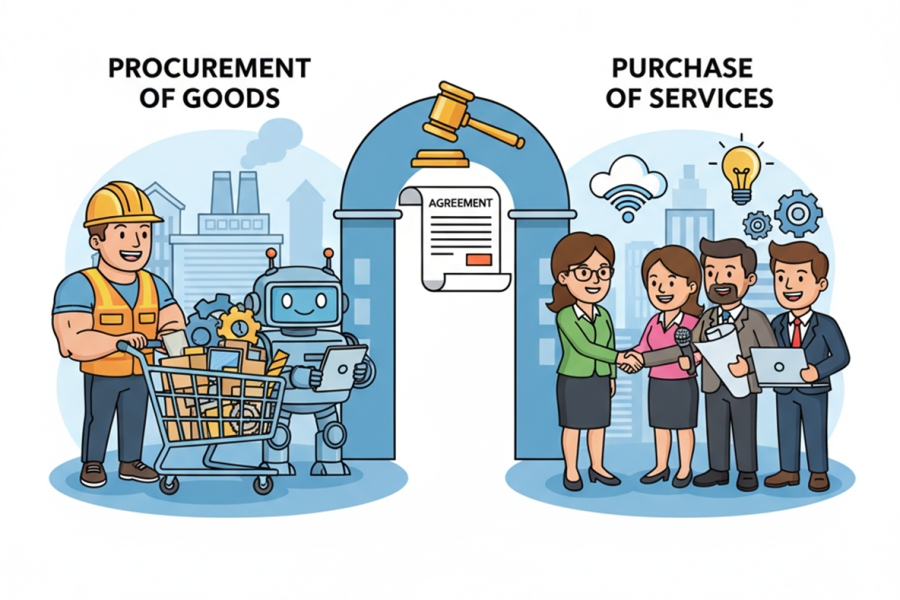
The line between a goods procurement transaction and a service purchase often becomes a gray area in taxation, especially when the goods are custom-made according to order. This is the very issue that entangled PT PL in a PPh Article 23 dispute, where the DGT made a significant correction of Rp3,730,521,000.00 on the procurement of lubricant label stickers. This case serves as a highly relevant study for the manufacturing industry that relies on specific components or packaging from external suppliers.
The central conflict in this dispute was the difference in transaction characterization. The DGT argued that because the stickers were made based on the design and technical specifications provided by PT PL, the transaction contained a dominant element of "printing services." Referring to Minister of Finance Regulation (PMK) 141/PMK.03/2015, printing services are subject to PPh Article 23. Conversely, PT PL insisted that the transaction was purely the purchase of finished goods that function as production material. According to them, the printing process was an inseparable part of the manufacturing process of the goods, not a service purchased separately.
The Panel of Judges ultimately sided with the DGT's argument. The decisive factor in PT PL's loss was not solely the characterization of the transaction as a service, but more critically, an administrative failure. The Judges found that PT PL could not prove the segregation of value between the material component and the service component in either the contract or the billing invoices. In accordance with the provisions in PMK 141, if there is no proof of segregation, then the entire payment value to the service provider is considered the Tax Base (DPP) for PPh Article 23.
This ruling sends a very clear message regarding the tax risk in hybrid procurement contracts. The failure to perform value segregation (debundling) between the goods and services components in the documentation is a fatal administrative lapse, as it opens the door for tax authorities to impose PPh Article 23 on the entire transaction value. For Taxpayers, the lesson from this case is the necessity to be proactive in drafting contracts and requesting vendors to clearly itemize each cost component. This simple step can become an effective defense against detrimental tax corrections.